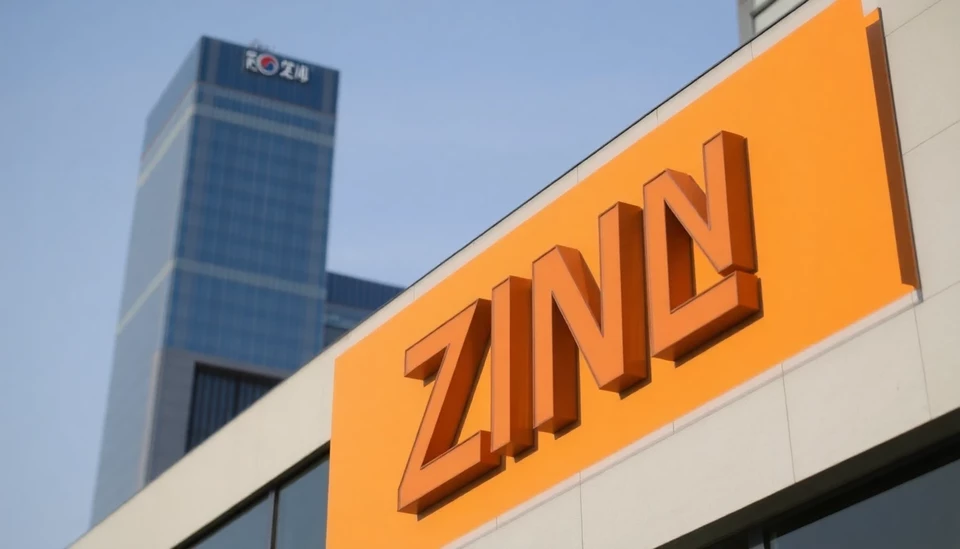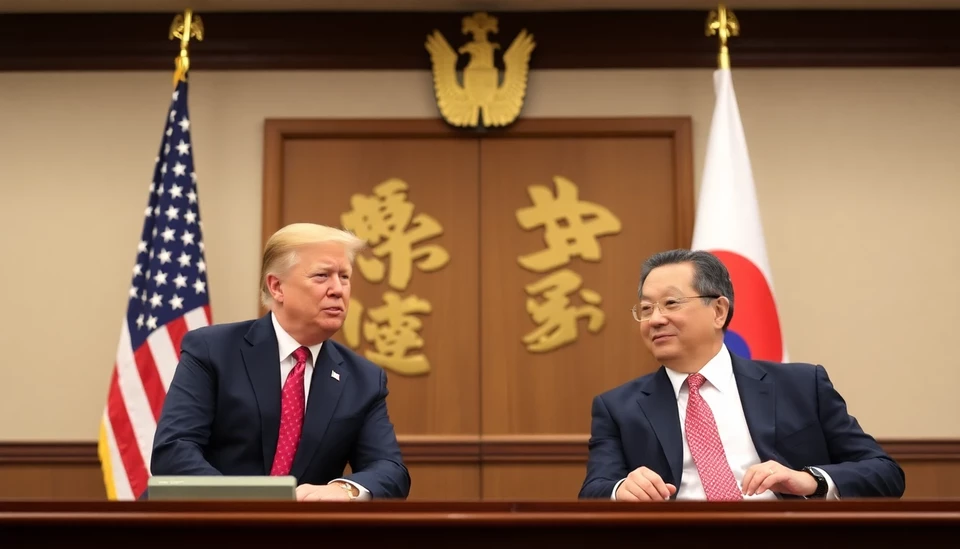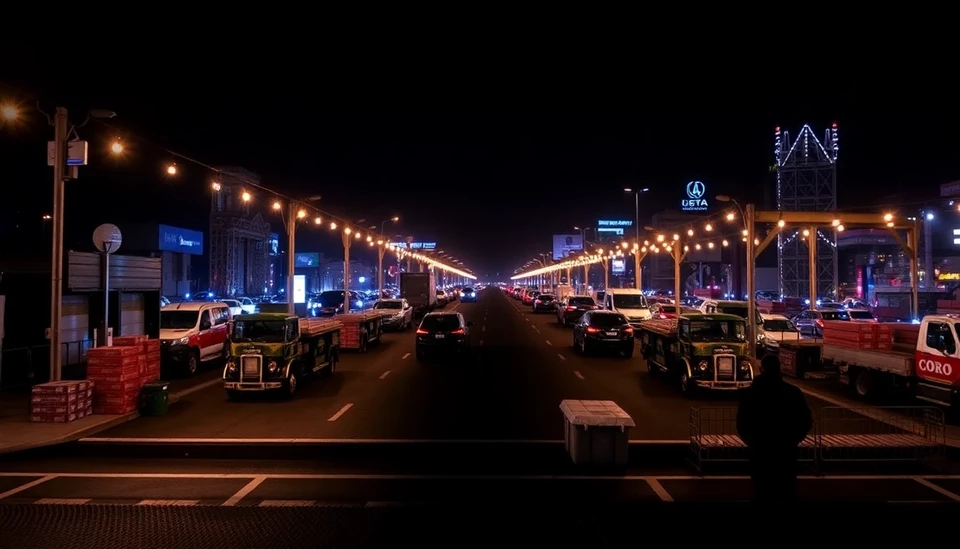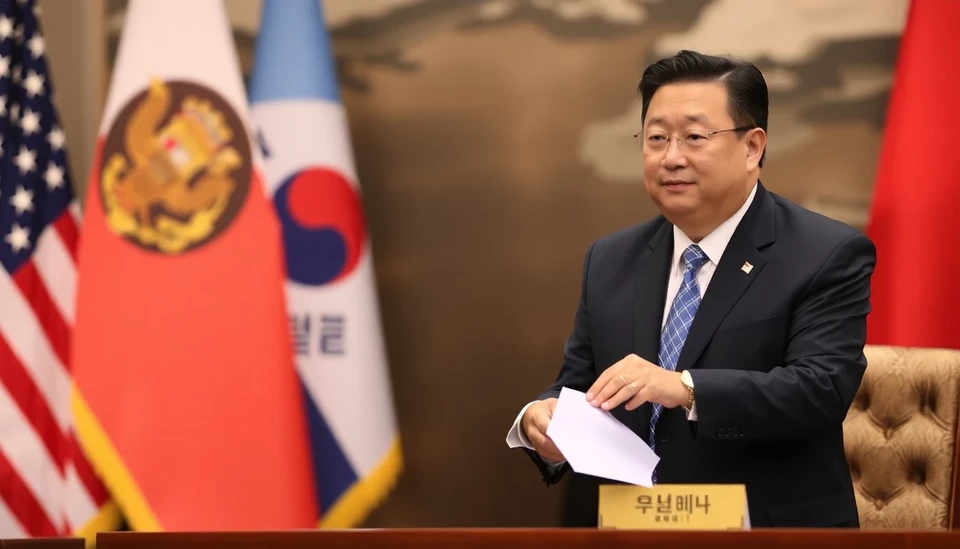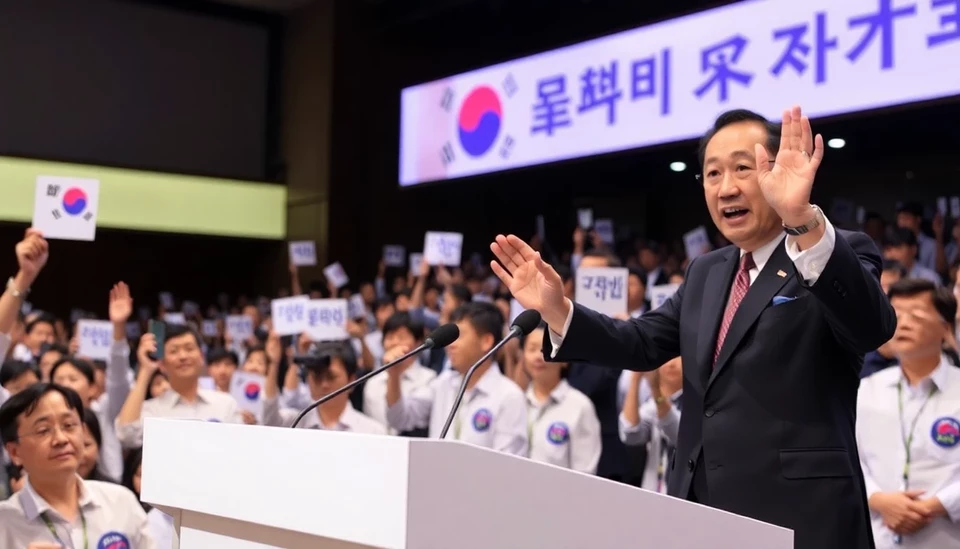
The political landscape in South Korea is gearing up for intense competition as the opposition chief, Lee Jae-myung, has officially signaled his candidacy for the upcoming presidential election. As the leader of the Democratic Party, Lee is poised to challenge the ruling administration and present new alternatives to the electorate.
As South Korea approaches the critical election scheduled for next year, candidates from various factions are ramping up their campaigns, each aiming to secure the support of an increasingly diverse electorate. Lee Jae-myung, an influential political figure known for his populist appeal, has already begun outlining his vision for the nation, focusing on economic reform, social justice, and the need for enhanced transparency within government operations.
Lee's announcement comes at a time when the public is expressing frustration over rising living costs, housing shortages, and economic inequalities. With these pressing issues at the forefront, his campaign strategy appears to resonate with voters who are eager for change. The opposition leader's ability to connect with everyday citizens could be the key to his success in the face of a strong ruling party apparatus.
The stakes are high as the Democratic Party looks to harness public dissatisfaction with the current administration in order to reclaim the presidency. Lee is not the only figure on the horizon; a diverse array of candidates from within the party and beyond are stepping forward, each bringing their own vision and strategies to the table. The internal dynamics and potential rivalries within the party could significantly shape the primary process, affecting the overall outcomes of the election.
Political analysts suggest that the upcoming election could be one of the most pivotal in recent South Korean history. The competition is expected to be fierce, with candidates not only addressing economic issues but also focusing on international relations, particularly the intricate ties with both North Korea and the United States. Lee Jae-myung’s foreign policy stance will likely draw significant scrutiny as voters evaluate his preparedness to navigate these complex geopolitical waters.
The Democratic Party’s strategies must deftly balance addressing immediate domestic concerns while also projecting a strong and competent image on the international stage. As Lee continues to galvanize his base, it will be crucial for him to maintain unity and ensure a cohesive message that appeals to a wide demographic of voters.
As election day approaches, the competition is set to heat up, with debates, rallies, and policy announcements shaping the narrative. Political engagement among the youth and other marginalized groups will play a crucial role, marking a shift in how South Koreans participate in their democracy. With so much at stake, all eyes will be on the evolving political drama that promises to captivate the nation.
In conclusion, the South Korean political arena is on the brink of change, with Lee Jae-myung stepping into the spotlight as a leading contender for the presidency. His campaign is expected to prioritize the voices of ordinary citizens and tackle pressing social and economic challenges head-on. The coming months will reveal how effectively he can galvanize support and navigate the complexities of both party politics and public expectations.
#SouthKorea #PresidentialElection #LeeJaeMyung #DemocraticParty #Populism #Politics #Election2025
Author: Laura Mitchell

